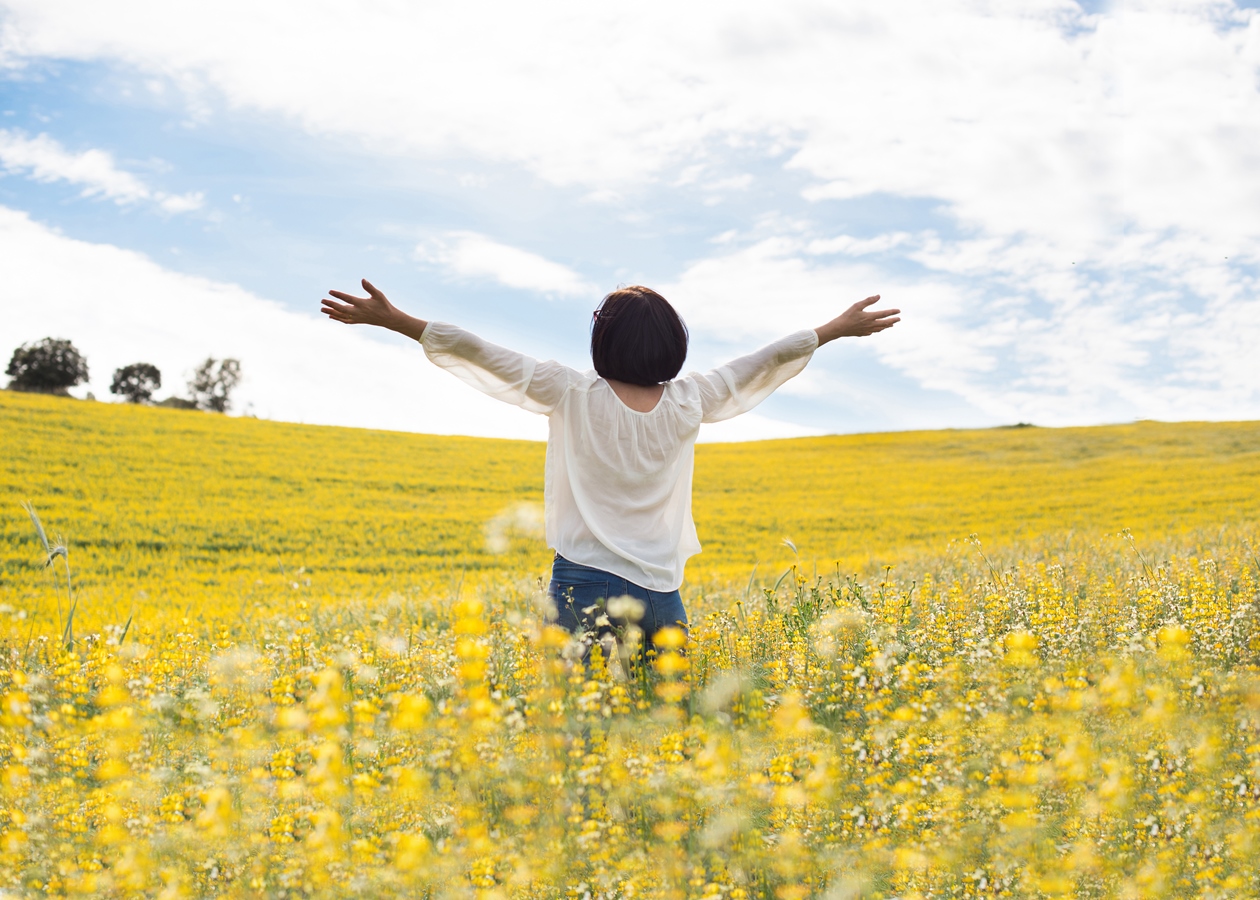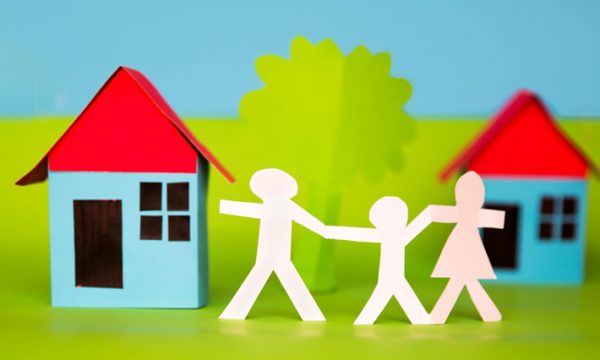Thanksgiving has passed and Christmas is near. The holiday season is usually very happy, but sometimes it also brings with it moments of anxiety or sadness, perhaps when we miss our loved ones. Although this season is not always easy, there is an aspect in it that can lift our spirits: give thanks.
Gratitude, an appreciation for what we have or receive, whether material or abstract, has the great power to diminish depression and is associated with greater happiness.
Dr. Robert Emmons of the University of California, Davis and Dr. Michael McCullough of the University of Miami have done much of the research on gratitude. In one study they asked participants to write a few sentences each week focusing on specific topics. One group wrote about things that week that made them feel grateful. A second group wrote about annoying situations during the week. The third group wrote about any event that affected them (without emphasis on whether it was positive or negative). After 10 weeks, those who wrote about gratitude felt more optimistic and happier with their lives than the other two groups. Surprisingly, those who wrote about gratitude also exercised more and had fewer visits to the doctor than those who focused on what irritated them.
Dr. Martin Seligman of the University of Pennsylvania also studied the phenomenon by dividing the participants into two groups. One group expressed gratitude by writing a thank you letter to someone who had never been thanked properly for their kindness. The other group wrote about their first memories and how they were affected by them. When the task was to write and express gratitude, the participants reported a significant and immediate increase in happiness forms. This impact was greater than any other intervention, with benefits that lasted up to a month. Another study, this time on couples, conducted by Amie Gordon, a psychologist at U.C. Berkeley also found that people who took the time to express gratitude to their partner not only felt more positive towards the other person but also felt more comfortable expressing concerns about the relationship.
Science has shown again and again that being grateful and giving thanks actively greatly enhance our mental well-being. But why does gratitude help us? Our biology offers us an answer. According to research published in the journal “Cerebral Cortex, gratitude stimulates the hypothalamus (a key part of the brain that regulates stress) and the ventral tegmental area (part of our” reward circuit “that produces the sensation of pleasure).
But that gratitude is beneficial, it also makes common sense! When we recognize the good in our lives we also recognize that the source of that goodness is, at least partially, outside of ourselves. As a result, that knowledge helps us connect with something greater than ourselves: God, nature and our family and friends.
Feeling and expressing gratitude also helps us focus on the positive, which offsets our brains’ natural tendency to focus on the threats, concerns and negative aspects of life. Expressing gratitude seems to inhibit envious comparisons with others. If we are really grateful for what we have (for example, family, health, home), we are less likely to pay much attention to what others have.
The expression of gratitude seems to encourage moral behavior. Grateful people are more likely to help others and are less likely to be materialistic, that is, they appreciate what they have and become less obsessed with having more things.
By being grateful we can bring out the best in those around us. An investigation at the University of Southern California showed this with people with high power but low emotional security (think of the worst boss you ever had!). The investigation showed that when their competence was questioned, the subjects tended to attack with aggression and personal denigration. However, when they were shown gratitude, they reduced their bad behavior. That is, the best way to disarm an angry interlocutor is with a warm “thank you”.
Gratitude is not always easy; however, we can choose to actively practice gratitude in our daily lives.
Begin with “inner gratitude,” the practice of giving thanks in private. It may be useful to think only of someone who has done something good for us and mentally thank you. Take a walk in the nature or in your garden. As you do so, think of all the ways God helps us sustain life and makes us feel happier and more comfortable. Living with gratitude encourages us to feel good about our




